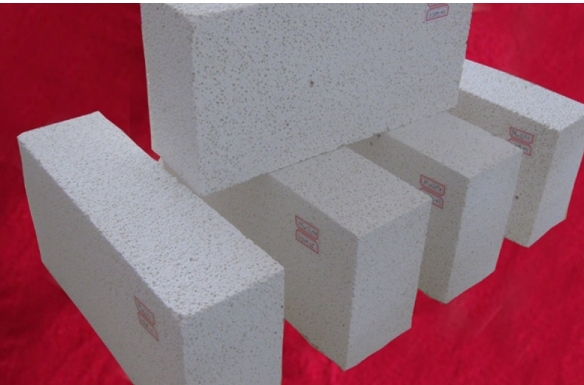- 05
- Dec
Basic requirements for refractory bricks for kilns
Basic requirements for refractory bricks for kilns
The main purpose of refractory bricks as kiln lining is to improve production efficiency without delaying production due to the damage of refractory bricks during the production process. Therefore, suitable refractory bricks should be selected according to the characteristics of long furnace age and high efficiency. The refractory brick produced by Henan refractory brick manufacturer is an inorganic non-metallic material with a fire resistance of not less than 1580℃. The stability of refractory bricks against high temperature under no load is called refractoriness, which reflects the basic properties of refractory bricks. Because refractory bricks are mainly used as structural materials for high-temperature kilns and other thermal equipment, as well as high-temperature containers and parts used in industry, it can withstand various physical changes and mechanical effects. Therefore, the following basic requirements must be met:
(1) In order to meet the requirements of high-temperature operation, it should have a sufficiently high temperature that does not soften and melt
(2) It can withstand the load of the furnace and the stress during operation, without losing structural strength, softening deformation and collapse at high temperatures, usually expressed by the load softening temperature.
(3) At high temperatures, the volume is stable, and the kiln masonry or pouring body will not collapse due to excessive expansion of the product, nor will it crack due to excessive shrinkage, thereby reducing the service life. It is usually measured by linear expansion coefficient and reheat shrinkage (or expansion).
(4) Refractory bricks are greatly affected by furnace conditions. The furnace body is easily damaged due to positive temperature changes and uneven heating. Therefore, a certain degree of thermal shock resistance is required
(5) In the course of use, refractory bricks are often exposed to the chemical action of liquid solutions, gases or solid substances, causing the products to be corroded and damaged. Therefore, the product is required to have a certain degree of corrosion resistance.
(6) During use, refractory bricks are often corroded by high-speed flames and smoke, washed by liquid metal and slag, and impacted by metals and other materials. Therefore, sufficient strength and wear resistance are required.
The quality of refractory bricks depends on its performance, which is the standard for measuring product quality. The correct and reasonable choice of refractory bricks also depends on the properties of refractory bricks.

